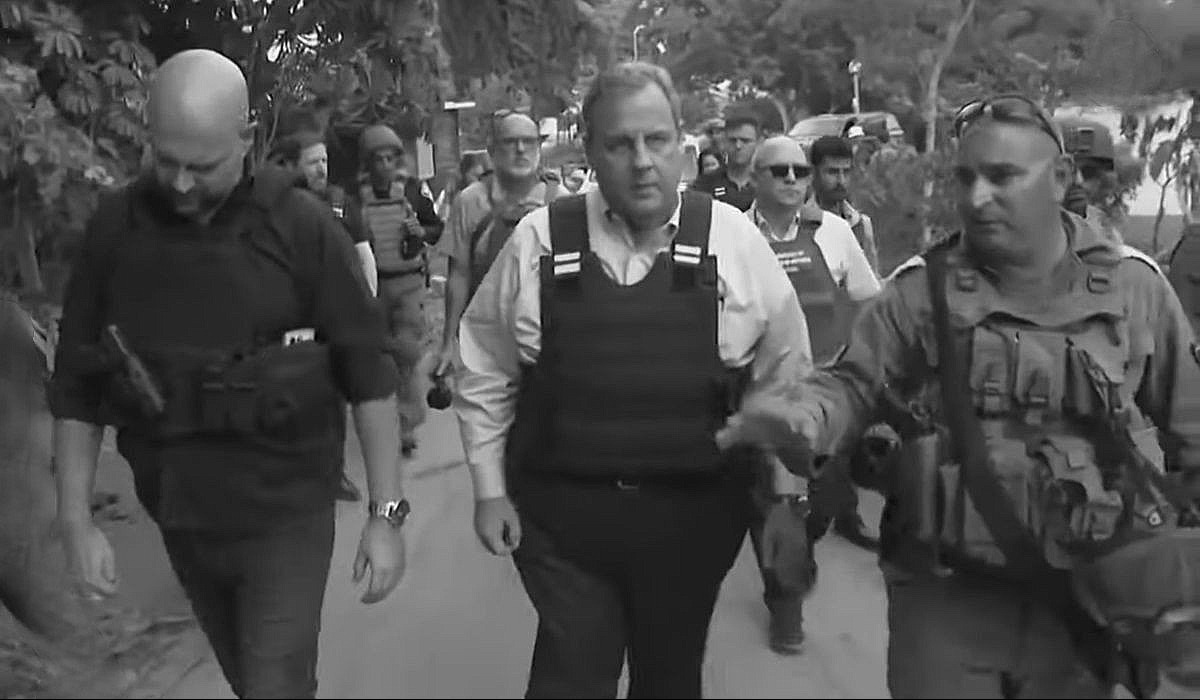War Zone Politics: The Perplexing Trend of Candidates Venturing into Conflict
- TDS News
- Breaking News
- November 19, 2023

In politics, individuals often find themselves in unfamiliar territories, seeking to bolster their image and project strength. A distinct pattern has emerged over time: political figures venturing into war zones despite lacking elected office. Recent instances, like former New Jersey Governor Chris Christie’s visit to Israel during the conflict, prompt questions about the motives behind these decisions.
The first question that naturally arises is: Why do political candidates feel the need to immerse themselves in the chaos of war zones? Is it a strategic move to capture compelling photographs conveying strength and leadership? Or is there a deeper rationale behind these visits that goes beyond optics?
The visual impact of a figure in a war zone may indeed convey strength and resolve, projecting an image of fearlessness and commitment to global affairs. However, a critical consideration is whether this visual impact justifies the potential risks involved. While heightened security measures may provide some assurance, the inherent dangers of war zones cannot be entirely mitigated. This prompts reconsidering whether the visual impact is worth the potential harm, sparking a reevaluation of the motivations behind such visits.
Moreover, the optics of a figure in a war zone can be misleading. The choice to visit a specific conflict area may inadvertently convey support for one side over another, potentially alienating a portion of the electorate. This raises concerns about whether figures are genuinely running to represent the entire nation or if they are aligning themselves with specific factions for political gain.
Elected officials, including presidents, defense ministers, and high-ranking officials, historically visit war zones as part of their official duties. The distinction lies in the fact that these individuals are chosen by the electorate and entrusted with the responsibility of making crucial decisions on behalf of the nation. When non-elected individuals venture into such sensitive affairs, questions arise about the appropriateness and effectiveness of their involvement.
This practice is not novel; candidates have been visiting war zones since the inception of warfare. However, the evolving political landscape prompts a reconsideration of this practice. Perhaps it is time to reevaluate the policy surrounding visits to war zones and overseas military bases, especially considering the potential implications on diplomatic relations within their nation. As the political landscape continues to evolve, a critical examination of this trend is necessary to ensure that figures prioritize the well-being of the nation over political posturing.








